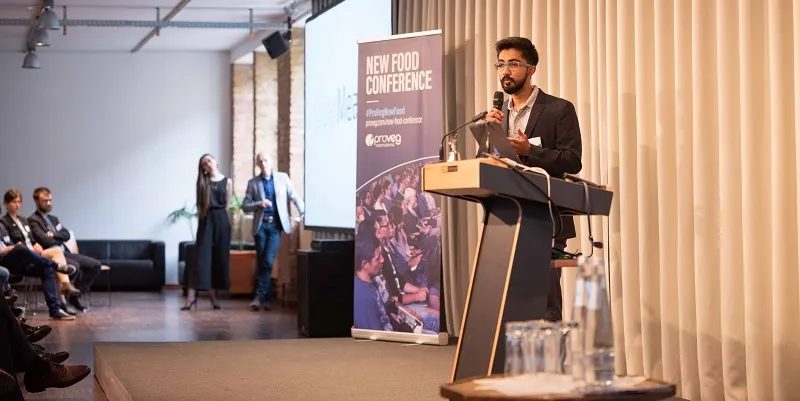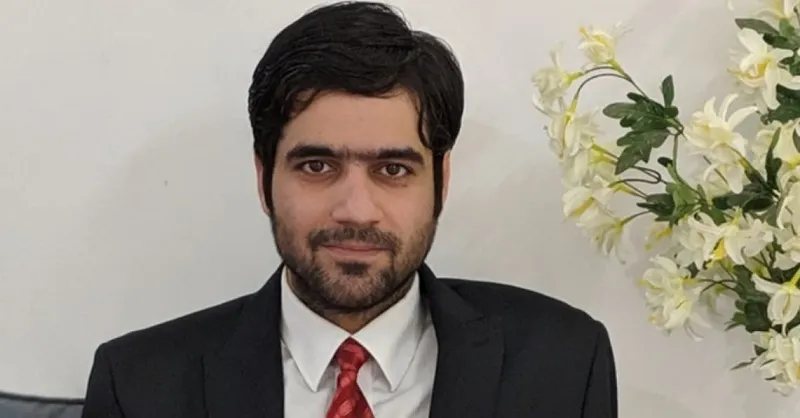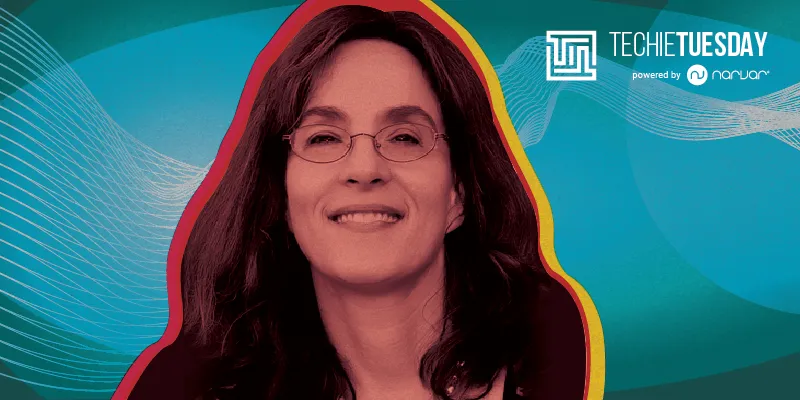
Indian startups raise $111 million for the week between June 1 and June 7.
The Indian startup ecosystem raised $111 million in equity funding across 17 deals in the first week of June, 25 percent down from the previous week’s tally of $148.1 million.
A clear majority of the deals were pre-Series A or Series A. However, these early-stage deals accounted for less than a quarter - or $26.7 million - of the total funding.
The week’s funding was dominated by one deal - real-estate tech startup NoBroker raised $51 million as part of its Series C round led by General Atlantic and included participation from existing investors SAIF Partners and BEENEXT. The Bengaluru-based startup plans to use the funding to expand its operations and grow its home store and financial services offering.
Approximately $3.6 million was raised in debt financing from one deal, when bike-rental platform Vogo raised debt this week, led by Alteria Capital. The company expects to leverage this investment to grow rapidly across India. Earlier, in March, it had raised funding from Flipkart Co-founder Sachin Bansal.
Early-stage rules the roost
Across seven deals, startups managed to raise about $3.93 million in pre-Series A, while three were undisclosed. Recykal, a cloud-based waste management and recycling startup, brought in most of the capital after it closed $2 million in pre-Series A financing, which is expected to help the firm expand its team and increase its presence across new Indian cities.
Recykal’s funding was led by Triton Investment Advisors (Triton), the family office of Pidilite Industries Director Ajay Parekh, and existing investor Vijay Acharya, who was formerly the Managing Director of Bank of Singapore.
Noida-based Jadooz, which is bringing the multiplex experience to Tier II and III towns at affordable prices, raised seed funding of $270,000 led by Artha Venture Fund, and aims to build 15 new centres in India and Nepal.
Dockabl, a performance management platform, raised $1.26 million in its Pre-Series A round led by a pool of marquee investors. The New Delhi-based startup aims to use the funds to further augment its product, technology, and expanding to global markets including North America and Southeast Asia.
Infurnia, an interior design software company based in Bengaluru, raised $400,000 in pre-Series A from undisclosed angel investors.
Delhi-NCR based startup Nurturing Green raised an undisclosed amount of funding from industry veterans like Vijay Shekhar Sharma (Paytm), Mohit Goel (Omaxe Limited), Suraj Nangia (Nangia Advisors), and others. The green gifting company intends to use this capital to tie up with supermarkets across India, open over 200 stores, and develop a digital strategy to boost ecommerce sales.
Leegality, an e-signing and digital document workflow platform, raised an undisclosed amount in funding from Mumbai Angels Network, Chandigarh Angels, and HNIs. The Gurugram-based startup will use the funds to enhance their technology, scale operations, and accelerate growth.
Lastly, SucSEED Venture Partners invested in LetzConnect, an educational networking portal in a pre-Series A fund-raise that was also co-invested by Obopay Mobile technologies, and Japanese Investor Syndicate.

Meanwhile, five companies raised $22.7 million in Series A, led by Bengaluru-based Avail Finance, which raised $9 million in a round led by Matrix Partners India. The fintech platform will use these funds to expand its product suite and will also offer micro-savings and micro-insurance products tailored specifically for blue-collar workers.
Cityfurnish, a furniture and consumer appliances rental startup, raised $5 million in Series A round, with storied investors including Gmail creator Paul Buchheit and Youtube Founder Steve Chen. The Gurugram-based company will use the funds to strengthen the Cityfurnish’s brand position, technology, and expansion in new cities.
Healthcare delivery startup Pristyn Care raised $4 million from Sequoia India, to improve its medical capabilities, invest in technology, and expand its medical team.
Delhi-based Chakr Innovation, which is building a suite of products to reduce air pollution, raised $2.7 million in Series A funding led by IAN Fund, a SEBI registered seed and early-stage VC Fund, along with Jyoti Sagar and IDFC-Parampara Fund. The startup will use the funds to expand operations across more than 12 cities in the next 18 months.
Skin and hair care brand mCaffeine raised $2 million as a part of its Series A funding led by RP-SG Ventures. The personal care brand will use the fresh round of funding to increase its online and offline presence, and for research and product development to expand its product portfolio to include 30 more products in the next 12 months.
Notable growth-stage investments
Indian language storytelling startup Pratilipi said it has raised $15 million as a part of its Series B funding led by Qiming Venture Partners. Existing investors Nexus Venture Partners, Omidyar Network India, Shunwei Capital, Contrarian Vriddhi Fund, and WEH Ventures also participated in the round.
Milkbasket raised $10.5 million in funding this week, led by Unilever Ventures. The round also saw participation from Mayfield India, Kalaari Capital, Blume Ventures, and a few Indian family offices. The Gurugram-based hyperlocal delivery startup is working towards its goal of achieving $1 billion annual recurring revenue (ARR) in 2021.
Sachin Bansal's BACQ had invested $2.8 million in debt in Milkbasket two months earlier. However, on Friday, Milkbasket issued a statement saying that both the company and BACQ have mutually decided not to proceed with the investment.
Budget hotel chain FabHotels raised about $7.8 million from the Gurugram-based company’s existing investors in a Series B1 round led by Goldman Sachs, with participation from Accel Partners and Qualcomm.
Other deals
New York-based online lending platform Biz2Credit Inc completed a Series B capital financing round of $52 million led by WestBridge Capital. The funds will be used to drive further growth in the company’s marketplace lending business and support the continued expansion of its digital lending platform Biz2X.
Cylus, an Israeli rail cybersecurity provider, raised $12 million in an early investment round, which included new investors such as Indian engineering firm Cyient. The company said it will use the funding to accelerate its activities in Europe, the United States, and the Asia Pacific region.
US-based ACI Worldwide, an electronic payments and banking solutions provider, has invested an undisclosed sum in Mumbai-based Mindgate Solutions to deliver an end-to-end payments solution for various businesses.
Acquisitions of the week
CleanseCar Washing and Repair Services, a mobile application-based car wash service provider, acquired Carnanny Solutions in a stock deal. While the value of the deal was not disclosed, the companies said that Carnanny’s team will join CleanseCar as part of the transaction.
US digital marketer IntellaSphere Inc said it has agreed to buy Mumbai-based Edgytal. Terms of the deal were not disclosed. Edgytal has a presence in India, the US, and Canada, while IntellaSphere operates offices in the US and India.
Edurer, a Jaipur-based Edtech startup, was acquired by Indore-based assessment company National Olympiad Foundation (NOF) in a part-cash and part-equity deal. The company chose not to disclose the cash deal amount. The founders of Edurer will also join NOF’s management team.










15598213871791559927424746.png?fm=png&auto=format)



15599149438481559927789787.png?fm=png&auto=format)





1558852963954.png?fm=png&auto=format&h=100&w=100&crop=entropy&fit=crop)




1560176398717.jpg?fm=png&auto=format)
















1560193561701.jpg?fm=png&auto=format)









1560143014883.jpg?fm=png&auto=format)
















